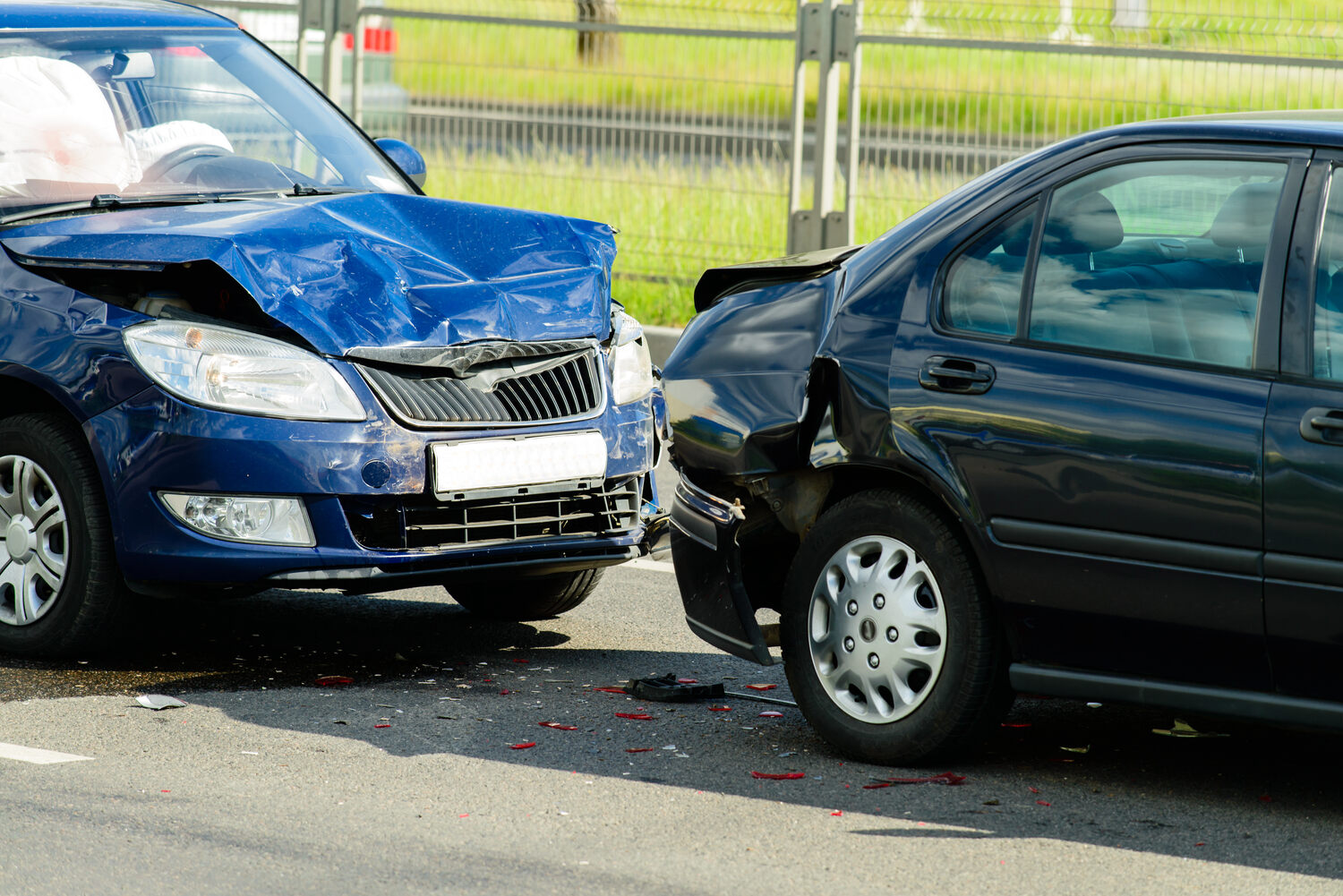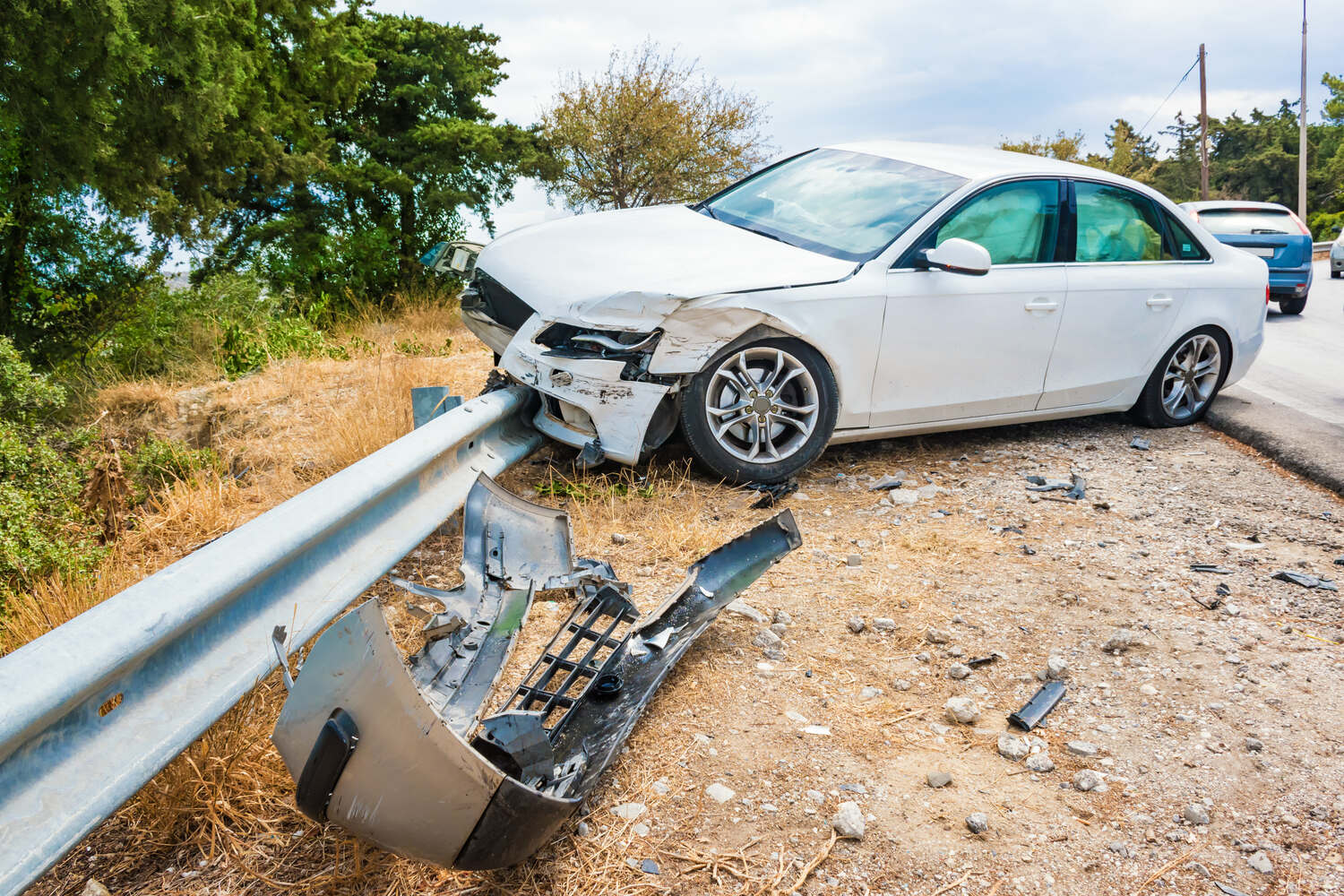RECENT POSTS
Categories
Can You Sue Uber for an Accident? [Quick Answer & Explanation]
Ridesharing services like Uber have become a convenient and popular mode of transportation, but accidents involving these vehicles can raise complex legal questions. If you’ve been injured in an Uber accident, you may be wondering whether you can sue the company for damages or injuries sustained. The short answer is, generally yes, assuming you were a passenger and the Uber driver was clocked in. Your ability to sue Uber will heavily depend on whether you were a passenger, another driver, or even a pedestrian. Determining liability and seeking compensation often involves navigating Uber’s insurance policies and understanding the legal distinction between the company and its drivers.
The best step forward if you’ve been involved in an accident with Uber is to hire a lawyer. With all the legal complexities surrounding rideshare accidents, you’ll want a trusted team like Wettermark Keith to handle your case. Our experienced car accident attorneys know when and how to pursue legal action against Uber or other rideshare companies. In some cases, you may be able to file a direct lawsuit against the company, while in others, you may need to seek compensation through Uber’s substantial insurance coverage.
When is it Appropriate to Sue Uber for the Accident?
You can sue Uber for an accident if their driver was at fault while actively using the app. If the driver was en route to pick up a passenger or during a ride, Uber’s $1 million insurance policy may cover damages.
- Negligent Hiring or Retention: Uber may be liable if they fail to properly vet or monitor drivers, such as hiring individuals with a history of reckless driving, criminal records, or prior DUIs.
- Passenger Injuries During a Ride: If you are injured as a passenger due to the Uber driver’s negligence (e.g., speeding or distracted driving), Uber’s insurance coverage may provide compensation.
- Driver on Duty but Without a Passenger: When an Uber driver is on duty but not transporting a passenger, Uber’s contingent liability coverage may still apply if the driver causes an accident.
- Accidents Involving Third Parties: If an Uber driver injures another motorist, pedestrian, or cyclist while on duty, Uber may share liability, depending on whether the driver was actively working.
Failure to Maintain Safe Technology or Policies: Uber could be liable if its technology or business practices contribute to unsafe conditions, such as app malfunctions causing distracted driving or unrealistic demands on drivers.
Situations Where Uber Is Not Liable
Uber is not liable if the driver was off-duty or not using the app during the accident. In this case, the driver’s personal insurance is responsible. Uber may also avoid liability if the driver was acting independently or breaking company policies. Additionally, if another driver caused the accident, their insurance would be responsible, not Uber.
- Off-Duty Driver: If an Uber driver causes an accident while off duty (not logged into the app or accepting rides), Uber is not liable. The driver’s personal auto insurance would apply.
- Independent Contractor Status: Since Uber classifies its drivers as independent contractors rather than employees, the company may avoid liability in certain cases, arguing that the driver is not acting as a direct agent of the company.
- Driver’s Personal Misconduct: If the driver engages in criminal behavior or intentional misconduct (e.g., assault or reckless driving) outside the scope of their Uber duties, Uber may deny liability.
- Accidents Outside of Service Period: If an Uber driver is involved in an accident after ending their shift or logging out of the app, Uber’s insurance does not apply, leaving the driver fully responsible.
Unauthorized Vehicle Use: Uber is not liable if a driver uses their vehicle for personal purposes or offers unauthorized rides outside the platform.

Uber’s Liability and Insurance Policy
Uber’s liability and insurance policy covers accidents involving their drivers under specific conditions. When a driver is actively using the app but has not yet accepted a ride, Uber provides limited third-party liability coverage. This includes up to $50,000 per person for bodily injury, $100,000 per accident, and $25,000 for property damage. However, once the driver accepts a ride or is transporting a passenger, Uber’s $1 million liability policy applies. This more extensive coverage protects passengers, other drivers, and pedestrians, covering bodily injury, property damage, and legal fees. It also includes uninsured/underinsured motorist protection if the at-fault driver lacks sufficient coverage.
How Uber’s Insurance and Liability Policy Applies to Your Accident
When an accident involving an Uber vehicle occurs, determining liability depends on whether the driver was actively working for Uber at the time. Uber’s insurance coverage operates in three distinct phases: offline, available, and on a ride. If the driver is offline or not logged into the app, their personal auto insurance applies, and Uber holds no responsibility. When the driver is available but has not yet accepted a ride, Uber provides contingent liability coverage, which offers limited protection. However, once a ride is accepted and during the trip, Uber’s $1 million liability policy covers both the driver and passengers, as well as third parties involved in the accident.
Uber’s insurance policy also includes uninsured and underinsured motorist coverage, which protects passengers if they are injured by a driver without sufficient insurance. However, because Uber classifies its drivers as independent contractors rather than employees, the company often disputes liability claims. This classification allows Uber to argue that it is not directly responsible for a driver’s negligence. As a result, accident victims may find themselves negotiating with both Uber’s insurance provider and the driver’s personal insurer, making the claims process more complex.

Why Suing Uber is Difficult
Suing Uber for an accident presents several challenges due to the company’s legal structure and insurance policies. One of the primary hurdles is Uber’s classification of drivers as independent contractors rather than employees. This allows the company to distance itself from direct liability, making it harder for victims to hold Uber accountable for driver negligence. Additionally, Uber’s extensive legal resources often enable the company to dispute claims and minimize payouts.
Key challenges when suing Uber include:
- Independent Contractor Status: Since Uber drivers are not employees, the company can argue that it is not directly responsible for their actions.
- Complex Insurance Layers: Depending on the driver’s status (offline, available, or on a ride), different insurance policies apply, making it difficult to determine who is liable.
- Arbitration Agreements: Uber’s terms of service often include arbitration clauses, which can prevent accident victims from filing lawsuits in court, forcing them into private arbitration.
- Insurance Company Pushback: Victims may have to deal with both Uber’s insurer and the driver’s personal insurer, creating a complicated claims process with potentially conflicting coverage decisions.
These legal and procedural complexities make it harder for accident victims to successfully sue Uber or receive fair compensation.
What to Do After an Uber Accident
After an Uber accident, your health and safety should be the top priority. Check for injuries and call 911 if immediate medical assistance is needed. Even if you feel fine, it’s important to seek medical evaluation after the accident, as some injuries may not be immediately apparent. Having a doctor’s report can also support future legal claims.
If the driver didn’t already, make sure to contact the police and file an official accident report. This creates a formal record of the incident, which is crucial for insurance claims or legal action. You should also report the accident to Uber through the app. Although Uber requires drivers to report accidents, it’s important for passengers or other involved parties to file their own report to ensure the incident is properly documented.
After reporting the car accident, gather the Uber driver’s personal insurance details along with any Uber-related insurance information, as Uber provides liability coverage under certain conditions. This information is essential for filing claims. Before speaking with insurance companies or accepting settlement offers, consult with a personal injury attorney experienced in Uber and Lyft accidents. An attorney can help you understand your rights, negotiate with insurers, and determine if you have grounds for a lawsuit.
Depending on the circumstances, you may need to file a claim with Uber’s insurance, the driver’s insurance, or your own. Legal guidance can help you identify the best course of action to maximize your compensation.
Hire a Lawyer to Help You Navigate Your Accidents
Trying to navigate a lawsuit or insurance claim against Uber can be incredibly challenging. Hiring a personal injury lawyer with experience handling accident claims against Uber and Lyft ensures you have the best chance of securing the compensation you deserve.
Our team at Wettermark Keith can handle negotiations with Uber’s insurance, gather evidence, and present your case to ensure you receive full compensation for your injuries. With our legal expertise, you’ll be able to rest easy and focus on recovering while we handle your case. Contact our team today to schedule your free consultation.
Ready to work together? Contact us today for a free consultation.
HERE'S WHAT TO DO NEXT
If you or a loved one have been injured and think you might have a case, call us now for a free consultation.


